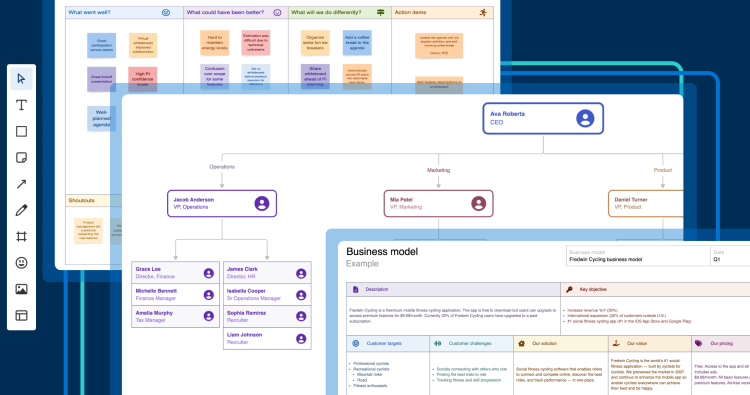Who needs product operations?
"When is the right time to hire a product operations manager?" We have heard this question on customer calls more than we used to. And usually when a business has grown significantly or added to its product portfolio. Hiring someone dedicated to administrative and operational work while product managers focus on building might seem like the logical next step. It is a boon for efficiency and standardization. Or is it?
We have written before that we do not think it is wise to rush into product ops. If you are going to add this function, be thoughtful about how you do it.
Certainly, there are lots of challenges that product ops promises to fix. Disjointed team processes, poor communication, people stretched to capacity — those are only a few of them. And I can relate. Who doesn't want extra support to fix "all the things" that are potentially holding you back?
But I would argue that addressing these things is what makes you a better product manager. When I dedicate time to administrative tasks — think refining our backlog, triaging customer feedback, or improving a team's workflow — I stay closer to the team and our customers. If I shifted this work to someone else, I would lose many of the insights that allow me to build lovable products.
Yet I know that many large enterprises — whom we often work with at Aha! — are adding product ops functions to their teams. This sometimes happens as part of a broader enterprise transformation. Other times, it is mandated by a new leader or a request from the product development team. When you have a complex product portfolio and many teams to coordinate, it can be helpful to have an individual or group that serves as the connective tissue.
Like other ops-related roles (business ops, sales ops, marketing ops), product operations managers aim to align goals across teams, facilitate collaboration, and formalize processes. But the work cannot be successful if it is siloed and done without the support of the broader team. And it needs to add value for teams and customers — not just add more process.
Product management, engineering, design, customer success, and executive stakeholders — everyone has a role in transforming product ops potential into reality.
Here are five nonnegotiable commitments we have observed for successfully adding product ops to any organization:
Secure shared goals
The entire product team needs to work toward the same product goals. If yours are murky or you are falling short, have those hard conversations before you bring someone new onto the team. You also need to get clear on how you will measure the success of product ops. Being misaligned on the goals for the role itself can lead to ambiguity, unmet expectations, and a potential disconnect between the team and business objectives.
Rally commitment
Some teammates will embrace the idea of product ops, but others might be resistant to change. Bring everyone along by sharing the initiatives that the product operations manager will own. These will likely be issues the team has long wanted to address — such as consolidating product tools or updating internal documentation. Focusing on what the team will gain helps create space for the new team member to succeed.
Emphasize business needs
Anyone who works in product or any center of excellence group needs to truly understand your products and market. Hire someone who deeply grasps your unique challenges, opportunities, and larger business context. They must in order to be respected by the team and to suggest ways of working that are relevant and appropriate.
Revisit roles
There is no "one right way" to define roles on the team. Some teams might elect to clearly separate product ops from product management, but others might prefer to have product managers share in the ops-related work. What matters is deciding on the level of responsibility upfront and documenting it — so everyone understands how to support the team.
Invest in onboarding
Entering a company as the first person in a new role is a fantastic opportunity. It can also be intimidating. Make sure you have set aside time to onboard the new hire in everything they need to know to be successful: company values, team workflows, approval structures, shared tools, and more. They can only begin to propose improvements once they absorb how you currently work.
Put these building blocks in place before hiring a product operations manager or team — this is how you can drive real product excellence.
It is always okay to question your assumptions. (I doubt we will add a product ops group at Aha! — but ask me again in a few years.) Whether or not you choose to add product ops is not really the point. Being purposeful about how the team works together is. When everyone is committed to building a lovable product and continuously improving it, you can get to work.
Here for templates? Check out a few of our most popular:
Product teams really, really love our software — find out why.




